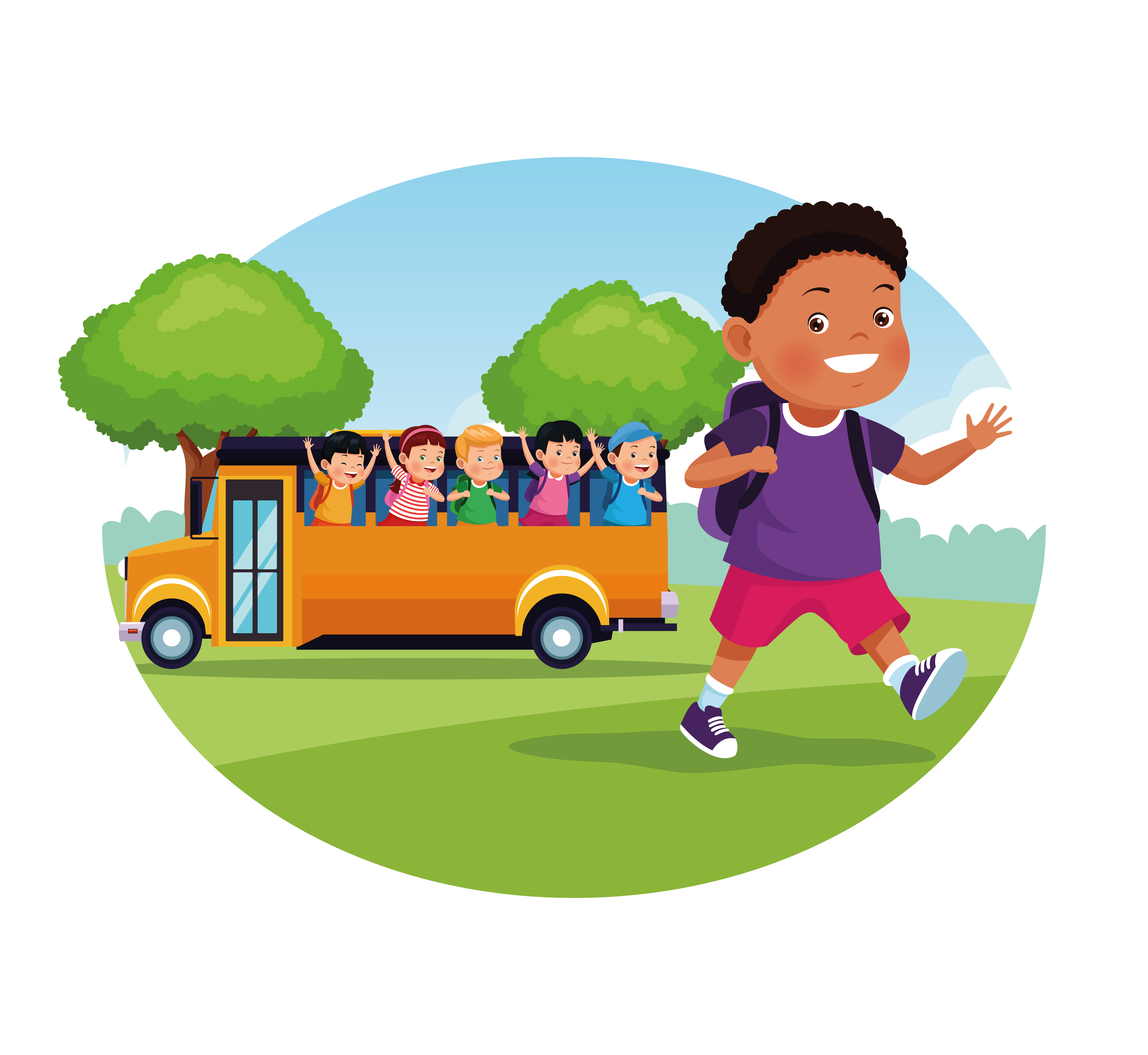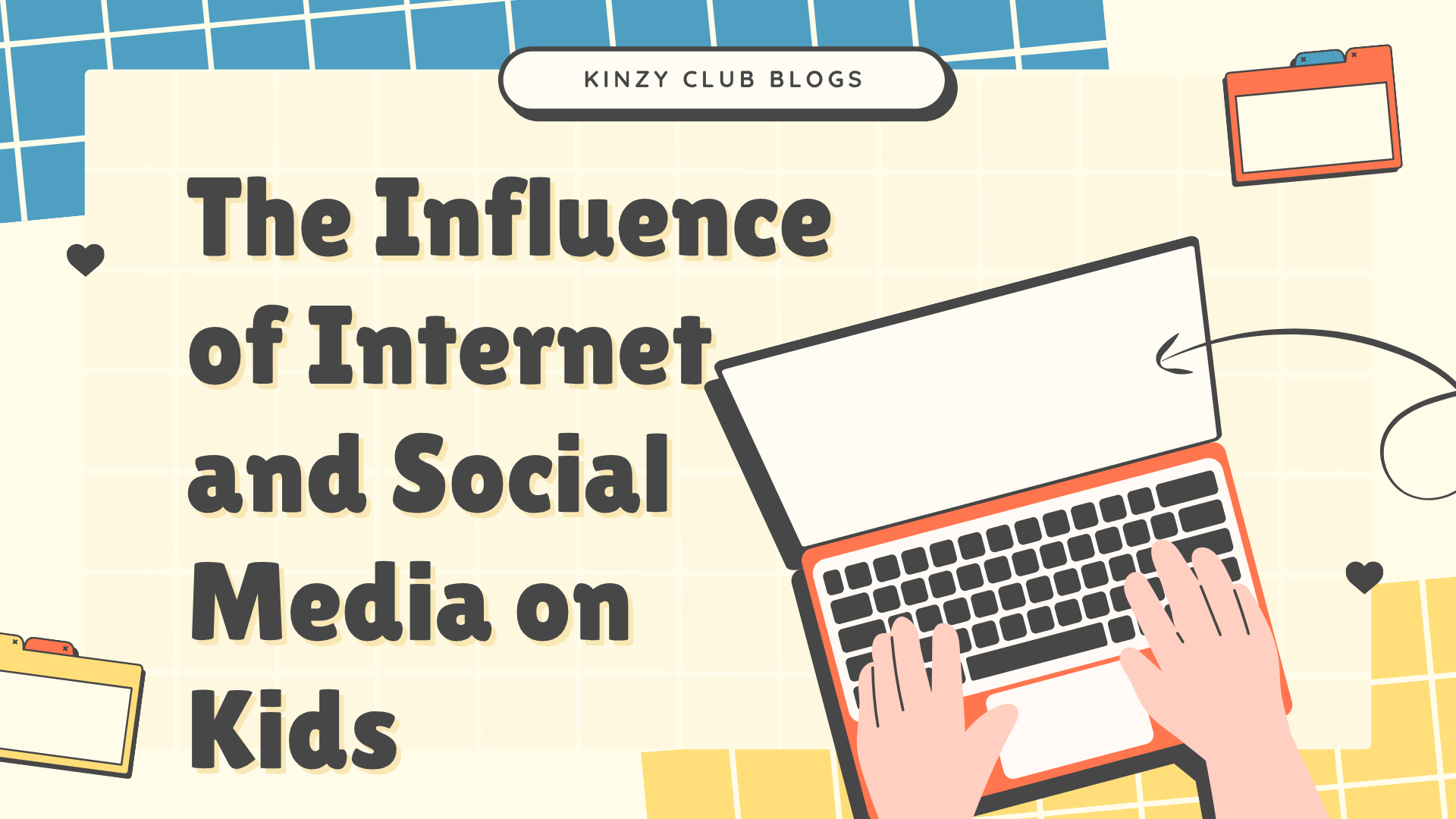Have you ever wondered about how to give your child the best possible start in life? When a toddler is growing up, the most simplest yet powerful way to boosts their cognitive growth is by reading to them from an early age. It is proven that if we regularly read to our babies then it becomes a foundation for their language development, critical thinking skills, logical reasoning and emotional intelligence.
Either we chose a soothing bedtime story or colorful picture book to engage our kids, the benefits of early reading goes far beyond entertainment. In this blog, we will touch base on how reading to your baby enhances their cognitive development and sets them up for future success.
Lets Dive into the Science Behind Reading and Brain Development
During the initial years of life (0-5 years), a baby’s brain is seen to develop at an astonishing rate. According to neuroscientists, a child’s brain forms over one million neural connections per second in their early childhood. These connections are very crucial for cognitive development. One of the best ways to strengthen these connections is by exposing them to language. You expose them any language irrespective of their native country, you will see them picking it up very naturally. So reading is a wonderful way to boost their brain development.
When we read to our babies, we make them understand sentence structures, new words, their meaning, patterns of speech. Repeated reading builds their language processing skills, making it easier for babies to recognize words, understand meanings, and eventually, lead to cognitive growth.
Pediatrics journal had conducted a study which highlighted that infants, toddlers and small kids to whom their parents or elders read regularly or made their child read, were showing higher levels of brain activity.

Now lets understand How Reading Supports Cognitive Growth ?
1. Language and Vocabulary Building
We all know that babies are like little sponges, who soak up every word which they hear. When we read to our babies, we introduce them to a vast array of words. Whether we read a book or any story, it contains complex words, varied sentence structures, which develops a baby’s vocabulary.
2. Memory and Concentration Building
You start reading to your babies, initially they may not understand every word. Their focus will also be poor. However, they will soon begin to recognize words, remember familiar phrases, patterns and start connecting sounds with images. This helps in increasing their attention span and memory.
3. Critical Thinking and Imagination Development
Through stories, kids learn about different things, be it animals, places, emotions, positive traits, culture etc. This develops in them the ability to think critically by understanding the cause and effect in different situations.
For instance – A story named – The boy who cried a wolf teaches that lying can lead to serious consequences. Such simple bedtime stories teaches the concept of being truthful, kind, respectful etc.
As the baby listens and observes to stories, their imagination expands allowing them to think beyond their immediate surroundings.
4. Develop Emotional Intelligence
Through books we can introduce different emotions and social situations to babies. As mentioned earlier, stories about friendship, love, helping others, patience kindness etc. makes babies understand how to interact with others. Simple concept like “Sharing is caring” or “Pick your own dishes after eating” can be easily integrated in the child’s mind. Spending time with your child when you read to them also strengthens the parent-child bond !!!
NELP had conducted a research which showed that kids who were read to frequently (daily or weekly) had attained a larger vocabulary by the age of two as compared to those who were not exposed to books at all.

What are the Best Practices for Reading to Your Baby ?
1. Read Daily
If you aren’t doing this, then start reading to your baby from today. You will see newborns benefitting from hearing your voice. Try reading at least 15-20 minutes daily to your child. You can also try “thought of the day” in your daily routine.
2. Include Expressive Reading
When reading to kids, try expressive reading. When we use different tones or emphasizing on words in a funny way etc. kids respond very well to such animated voices, varied tones, and facial expressions.
3. Choose Age-Appropriate Content
For newborns and infants, pick up books which have big images and simple or less text. Where text is less and images are more. Introduce them to books which have interactive elements like textures, flaps, bright illustrations, quizzes etc.
4. Encourage Your Child to Participate
When reading to your child, let them touch, hold and look at the book closely. Trust me, when they flip through the pages themselves, that’s the time when they start recognizing colors, letters themselves. And ask them simple questions, such as “Where’s the dog?” or “What sound does the lion make?” or “What is the color of Apple?” This will engage them more and they will be eager to spend time reading.

What are the Long-Term Benefits of Early Reading
Some of the quick long term benefits are as follows:
- Better academic performance
- Enhanced communication skills
- Your child will demonstrate creativity and problem-solving abilities
- Greater empathy and social awareness
- A lifelong love for books and learning
Conclusion
Reading is one of the most impactful ways to boost cognitive growth and overall development of your child. This leads to enhanced communication skills, strengthens memory, improves concentration, encourages imagination, and raises emotional intelligence. Cherry on the cake is that it builds a special parent and child bond !!
Through Kinzy, you can create interesting and new stories as per your imagination, be it adventure, magic, fantasy or what not. You can make yourself or your child or their grandparents their Hero! You can also listen or make your child listen to content in a customized voice as you may like.
For more details, do download the App and let your child’s creative journey begin !!





